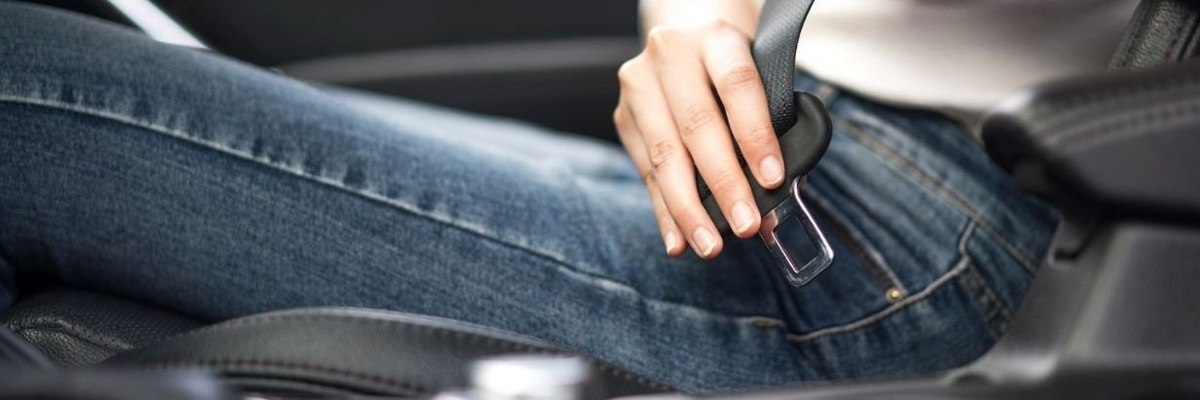
Tesla’s Autopilot woes cause bad buzz
A recent accident involving Tesla’s (partially self-driving) Autopilot system has raised questions about the dangers associated with autonomous cars – and put the brand at the heart of a media controversy. Between April 18 (a day before the story broke) and April 26, Attention scores – which report whether respondents have heard anything about a brand in the past two weeks – rose from 20 to 29.4 (+9.4). Evidence indicates that this was substantially influenced by negative press surrounding the story: Buzz scores, which measure whether consumers have heard anything positive or negative about a brand, declined from 9.8 to -2.6 (-12.4). Furthermore, consumers appear to have been talking about the brand in greater numbers: Word of Mouth scores, which track whether consumers have spoken about a brand with friends or family in the past two weeks, rose from 12.1 to 16.2 between April 18-26.
The story has cut through with the American public – and diminished perception of Tesla’s overall brand. Though it does not appear to have put more than a tiny dent in the brand’s Reputation scores (which measures whether consumers would be proud or embarrassed to work for a brand), which diminished only slightly from 18.6 to 17.9 (-0.7), Impression – which track positive or negative sentiment towards a brand – fell from 14.2 to 8.8 (-5.4).
Self-driving cars have been a topical, and increasingly controversial area of discussion in the automotive industry over the past few years: while the potential of the technology is acknowledged, the accidents highlight the potential human cost of getting quasi-autonomous vehicles on the road.
Uber and Lyft have sold their self-driving divisions over the past year, and Americans are still uncomfortable with the idea of autonomous cars whether they’re pedestrians, passengers, or fellow drivers.
Receive monthly topical insights about the auto industry, straight to your inbox. Sign up today.